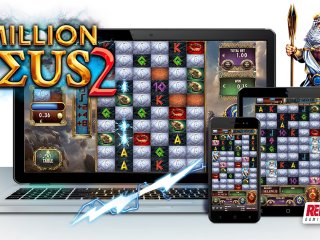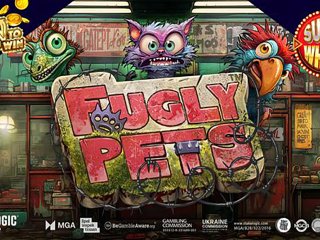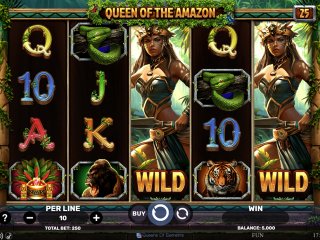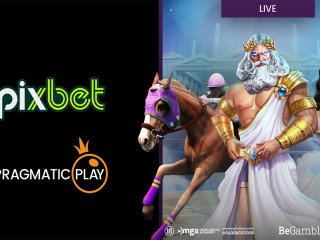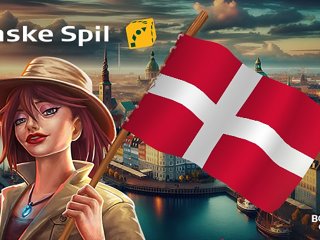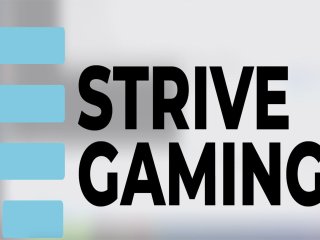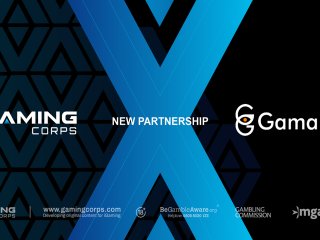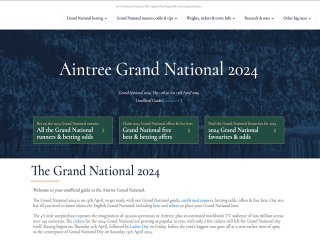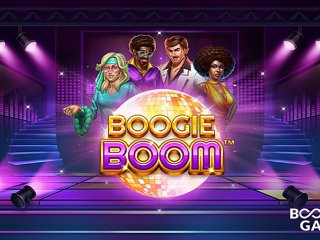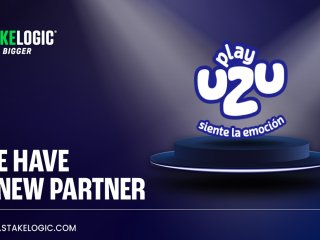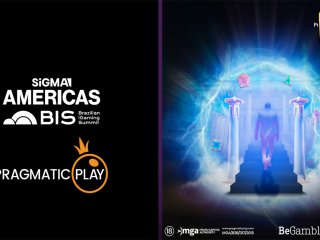Netherlands Gaming Authority Review
By Alex Smith Mar 26, 2024
Casinomeister's Verdict
Kansspelautoriteit is a very new online gambling regulator; they have, dished out a number of fines, and hold a high standard that has effectively shut out most smaller operators from the Dutch gambling market.

They are very focused on consumer protection
 Pros
Pros
Focused on consumer protection
 Cons
Cons
New and fairly untested
Strict regulations have "shut out" smaller operators
The Kansspelautoriteit (the Dutch regulatory body responsible for regulating all forms of online gambling) is a very new online gambling regulator, established just recently in October 2021. The Kansspelautoriteit is responsible for regulating all forms of online gambling that’s offered to Dutch players, and on this page we’re going to be taking a look at what the Kansspelautoriteit is, how they operate – and whether they’re a good online gambling regulator or not!
About The Kansspelautoriteit
Online gambling has always been quite complex in the Netherlands; while online gambling has always been prohibited, Dutch players were able to play at online casinos provided they were located outside of the country – and authorities didn’t seem to care. However, a few years ago the government decided that it wanted to start opening up online gambling in the country, and they started working on legislation that would end up becoming known as the Remote Gambling Act.
As a result of this Act being passed the Kansspelautoriteit was created – and this is the regulatory body that’s responsible for overseeing the online gambling market in the Netherlands. Originally, Kansspelautoriteit was meant to be established in July 2020, but delays meant that it wasn’t until 2021 that things were finally sorted out – and when the online gambling regulator started to regulate gambling in the country (games of chance as they’re called) ten companies had applied for a license and been accepted.
These companies included big-name global brands like Bet365, UK-based bingo operator Tombola, along with the well-known Dutch land-based casino operator Holland Casino NV. The Kansspelautoriteit, also known as the Dutch Gaming Authority has been criticized for essentially shutting down the online gambling market in the country – but we’ll look at that more in depth shortly.
Provisions of a License
Kansspelautoriteit sets out a wide variety of rules for online gambling operators to follow – and these rules are some of the strictest in the industry. First, there’s the approved game system. Here’s what the Kansspelautoriteit has to say about this:
“Your gaming system must be fully inspected before we can issue a license for remote games of chance in the Netherlands. The inspection schedule on this page shows how your game system must be inspected by an inspection body to meet the requirements.”
The Kansspelautoriteit states that inspections can only be carried out by a testing house that’s been personally approved for use in the Dutch online betting industry – and all casino games, sports betting platforms and online gambling games need to follow the strict gaming system protocols set out by the Kansspelautoriteit.
There’s also a system called Cruks – a Kansspelautoriteit-developed platform that all online casinos must connect to. “Companies with a gaming machine hall or gaming casino license must connect to Cruks in order to keep their license. Online games of chance providers that apply for a license for the Dutch market need a working and tested connection with their license application.
A gaming casino or gaming arcade needs software to be able to consult Cruks upon arrival of a player. The software can work through scanners, mobile scan apps and access control systems. There are suppliers who can install such a system and link it to the registry. The Gaming Authority advises providers to combine the check in Cruks with the age check, which will also be mandatory in the future.”
The Kansspelautoriteit really doesn’t mess around when it comes to money laundering, either; they require all of their licensees to follow strict anti-money laundering regulations, while abiding by all relevant gambling laws.
5 Core Objectives and Statutory Tasks
The Kansspelautoriteit, of course, operates to ensure that the remote gambling act passed by the Dutch parliament is upheld at all times – but they also have five core values they follow, as shown below:
“The first statutory task is to regulate the gaming market by granting licenses to gaming providers. In order to obtain a permit, providers must meet certain conditions. The Gaming Authority checks whether this is the case.
The Gaming Authority carries out risk-based supervision. We do this by checking license holders. If the conditions in the permit or laws and regulations are not complied with, we will proceed with enforcement. That can be done in different ways. This varies from holding a conversation to imposing a fine or revoking a permit. The Gaming Authority also intervenes in illegal activities, for example if a game of chance is offered illegally. Supervision and enforcement is our second statutory task.
The 3rd legal task is to promote addiction prevention . We do this by supervising the license holders, who have a duty of care. We are also working on raising awareness of the risks associated with games of chance. We also encourage organizations to work together to prevent consumers from becoming addicted to gambling.
The 4th statutory task is to provide information and information . That is, for example, answering questions from municipalities – co-supervisors – if there are questions about games of chance. Citizens also have questions, for example what they can do if they think a game has not been fair. Organizations also ask questions, for example a football club that wants to organize a lottery and build a new canteen with the proceeds.
The 5th statutory task is to combat gambling-related match-fixing among license holders . License holders of (online) sports betting and the totaliser must take measures to prevent and combat match fixing within their betting offer. For example, the license holders must detect signals that may indicate match fixing and report them to the correct authorities.”
Disputes and Player Complaints
Kansspelautoriteit operates in a manner similar to that of most other gaming regulators in that – at least in the first stages – it does not tend to deal with player complaints…
And if you have any concerns or issues with one of the casinos that are licensed by the commission, it is recommended that you first contact the casino’s internal complaints department for assistance.
However, keep in mind that the commission will only look at cases where it is evident that you have attempted to settle the problem through the casino directly before filing a formal complaint with them.
Not to mention that the time-frames required by the commission to investigate your complaint can be quite lengthy, so don’t expect a quick response. It could take anywhere from a few weeks to several months, depending on the nature of your complaint and how responsive the casino in question has been so far.
Pros and Cons
Kansspelautoriteit is a very new online gambling regulator; they have, so far, dished out a number of fines, and while it looks as though they are very focused on consumer protection, they have effectively shut out most smaller operators from the Dutch gambling market.
It will take time to see how Kansspelautoriteit does in the long-run, but for now, they’re doing a pretty good job – albeit with a fair bit of criticism along the way.
FAQs
How many license holders are there right now?
At the time of writing the Kansspelautoriteit has issued online gambling licenses to 11 different companies; as such a new online gambling regulator it’s no surprise that so few licenses have been handed out – but what many players have an issue with is the fact that these licenses have all been awarded to big companies; companies with the financial means to apply for them.
Smaller online casinos have effectively been shut out of the industry as they simply can’t afford the application fees – and this is something that the Kansspelautoriteit is going to need to work hard to combat, especially if they want to attract more online casinos to enter the Dutch gambling market.
Do all online casinos that offer online games for real money need a license from the Kansspelautoriteit?
Yes; the new online gambling regulations brought in by the Dutch government means that any online casino or online gambling website that wants to offer its products to players in the Netherlands – regardless of where the company is based – requires a license from the Kansspelautoriteit. As you can see, so few licenses have currently been handed out that Dutch players have very little choice as of now – so there’s quite a lot of confusion in the market about what’s going to happen next within the industry.
Whenever you play casino games at an online casino that’s licensed by the Kansspelautoriteit, when the game loads up you’ll be able to see on your screen which testing house has checked the game; if you’re ever in doubt about this you’ll be able to contact the online casino’s customer support team and they’ll be able to provide you with the game’s certification information.
Is the Kansspelautoriteit controlled by the Dutch government?
Yes; the Kansspelautoriteit is a government-formed regulatory body that has powers under Dutch law to control the online gambling marketplace. They liaise regularly with the government to discuss current legislation and any new potential changes, although they are keen to point out that while they are affiliated with the Dutch government they do operate independently.
Do slot machines need to be tested?
Yes; if an online casino is offering online games – including video slots – that players can wager real money on, and if the Dutch Gaming Authority – the Kansspelautoriteit – deems these games to be games of chance then they do need to be tested and vetted by an approved third-party testing house. On the Kansspelautoriteit’s website they publish a list of approved testing houses – and these are all independent third-party companies that check to make sure that casino games are fair and that they’re using a truly random, random number generator.
How can I check if licence holders hold a valid Kansspelautoriteit license?
The Kansspelautoriteit maintains an up-to-date list of all the gaming licenses it’s issued so far – and you can access this list directly from their website. However, that’s not the only way to check whether or not an online casino is licensed by the Kansspelautoriteit or not; the Kansspelautoriteit requires all casinos to display information about their licensing in the footer section of their website, and this means you’re able to check quickly and easily what the status of a license is when you’re playing at an online casino.
Does the Kansspelautoriteit help with gambling addiction?
Yes; the Kansspelautoriteit is one of the strictest online gambling regulators when it comes to responsible gambling, and they make all of their licensees offer players a wide variety of responsible gambling tools, including the ability to set deposit limits, loss limits, wager limits – and, where appropriate, self-exclusion. Operators are also required to let players take time-outs, which is a short break of up to 6 weeks.
If a player feels as though they are experiencing problems with the amount of money or time that they’re spending gambling, the Kansspelautoriteit also has a detailed faq section on their website which provides links to a number of helpful responsible gambling resources.
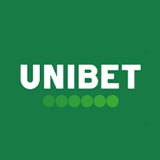
 Top 5 casinos
Top 5 casinos 






